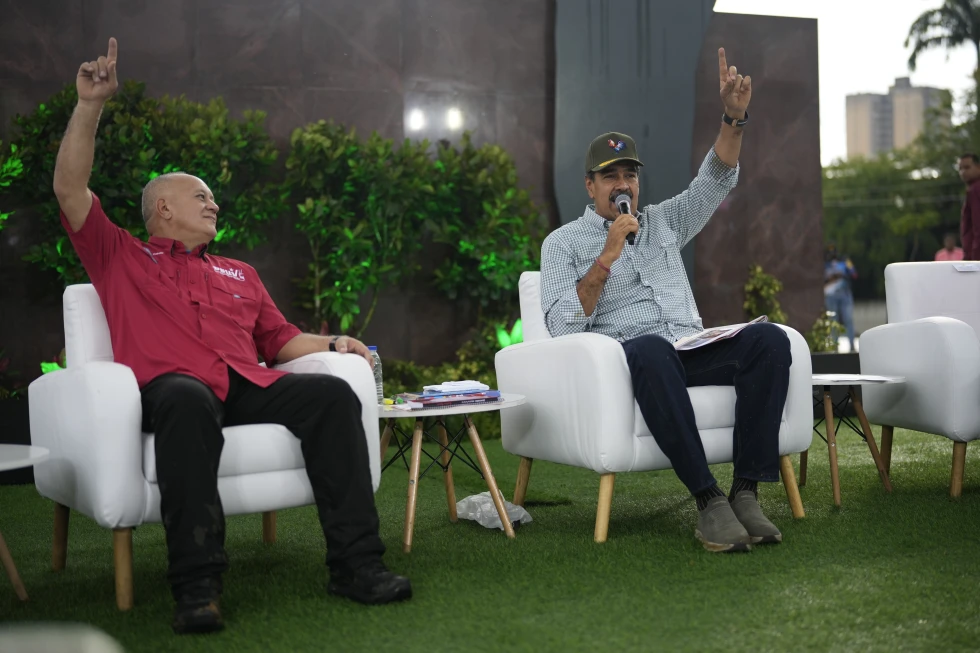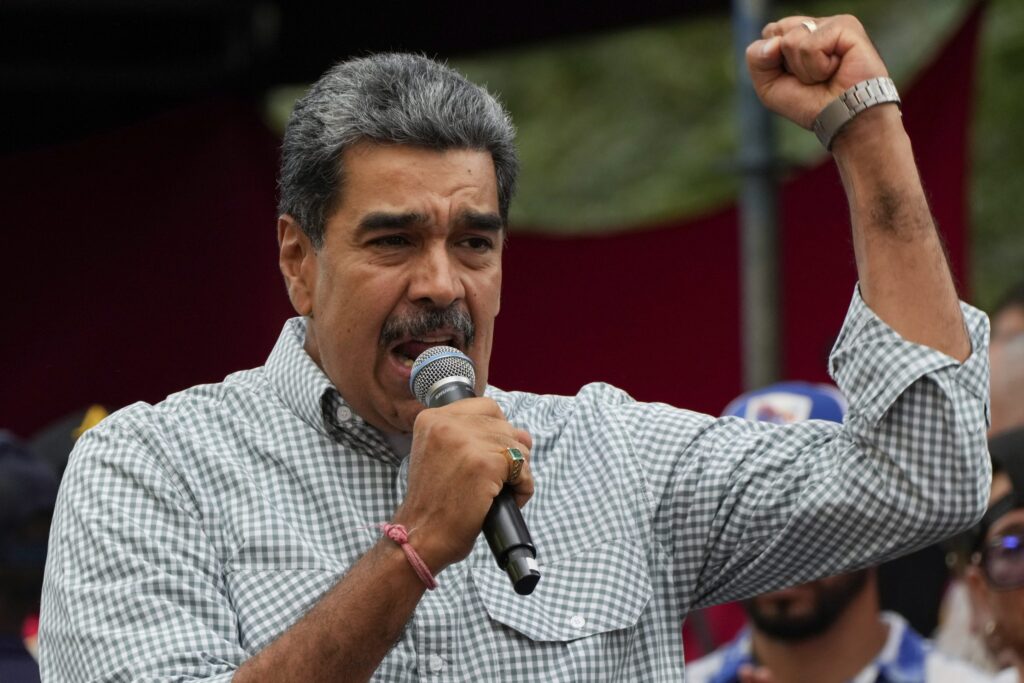A federal court in Argentina on Monday ordered the “immediate” arrest of Venezuelan President Nicolás Maduro and Interior Minister Diosdado Cabello for alleged crimes against humanity committed against dissidents.
The court order, issued by federal judges Pablo Bertuzzi, Leopoldo Bruglia, and Mariano Llorens, came in response to an appeal by Argentine prosecutor Carlos Stornelli after a previous ruling dismissed the complaint against both Venezuelan leaders.

The judges directed that “the arrest warrants for Nicolás Maduro and Diosdado Cabello be executed immediately, and that their international arrest should be ordered via Interpol for the purposes of extradition to the Argentine Republic,” according to the court resolution.
This development comes amid escalating tensions between Argentina and Venezuela. Hours before the Argentine court’s decision, Venezuela’s Supreme Court issued an arrest warrant for Argentina’s President Javier Milei. This move was related to a controversy over the detention in Argentine territory — and subsequent delivery to the United States — of a cargo plane that Washington claims was sold by a sanctioned Iranian airline to a Venezuelan state-owned company.

The case against Maduro and Cabello was initially brought before Argentine courts in early 2023 by the Argentine Forum for Democracy in the Region (FADER). The organization cited Argentina’s jurisprudence on human rights and the principle of universal jurisdiction, which allows action against crimes against humanity even if committed outside its borders.

According to the plaintiffs, a systematic plan of repression, forced disappearance of persons, torture, homicides, and persecution against dissidents has been in place in Venezuela since 2014.
The reciprocal arrest warrants have significantly heightened diplomatic tensions between Venezuela and Argentina, which have been deteriorating since far-right President Milei assumed power in December. These developments have led to a breakdown in diplomatic relations between the two South American nations.
AP



